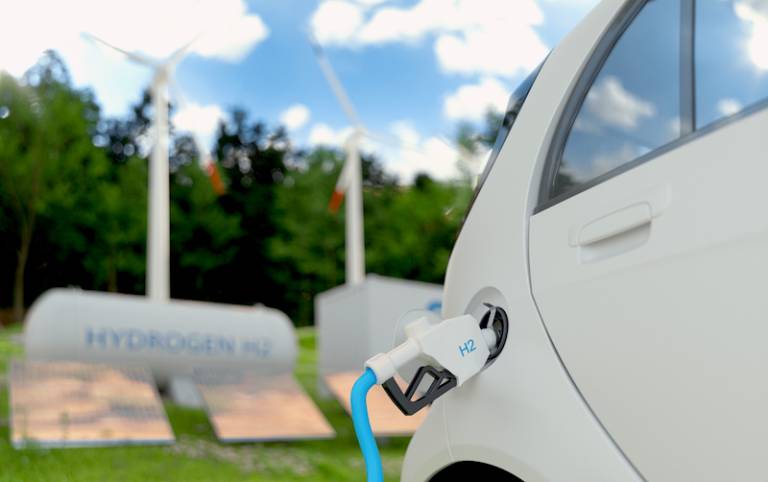ISR Director's response to the PM's announcement on Net Zero policies
20 September 2023
Jim Watson, Director of the UCL Institute for Sustainable Resources, has written a response to the government's weakening of environmental policies

Rishi Sunak’s Net Zero speech is full of contradictions and will make it harder to meet our medium- and long-term climate change targets. It also risks increasing the costs by delaying the shift away from fossil fuels and reducing the economic benefits to the UK.
Contrary to his statements, we have been debating how to achieve emissions reductions - and how much they could cost - for well over two decades. The costs and benefits of action were analysed extensively by the Stern Review in 2006, and the costs of achieving emissions reduction have fallen substantially since then. This is largely due to innovation in technologies like renewables, driven by ambitious policies in the UK in many other countries.
Alongside this, there have been significant efforts to discuss how to meet net-zero with the public, for example through Climate Assembly UK. That citizens assembly, which was commissioned by several Parliamentary select committees in 2019, made a large number of recommendations on how net-zero could be achieved. These include recommendations on how emissions can be reduced in a fair way, and how the costs and benefits should be shared. Rather than delaying key policies, the government should take the outcomes of such initiatives much more seriously. It should also ensure that citizens continue to be involved in decision-making - both at the national and local levels - and that financial help is provided to those least able to pay. This is especially the case in the area of home energy efficiency. The government is not providing anywhere near enough help for people to upgrade their homes.
The Prime Minister is also too complacent about the UK’s record. Whilst we have reduced emissions substantially - and led the way in some areas - we are already at risk of falling behind, and failing to meet future targets. The changes announced today will make it harder to establish leadership in many low carbon technologies such as renewables, electric vehicles, and batteries. It is not the time to roll back targets to phase out petrol and diesel vehicles. A key reason that people are buying more electric vehicles, manufacturers are producing more models at lower costs, and investments are being made in the UK, is the presence of ambitious policies like the 2030 phase out date.
He is also complacent on meeting net-zero by 2050. To meet this target, it is essential that the right medium-term policies are in place to ensure that the UK continues on the right emissions pathway. It will leave far too much to do in the 2030s and 2040s - and places too much faith that ’something will turn up’.
Image credit: istock.com
 Close
Close

